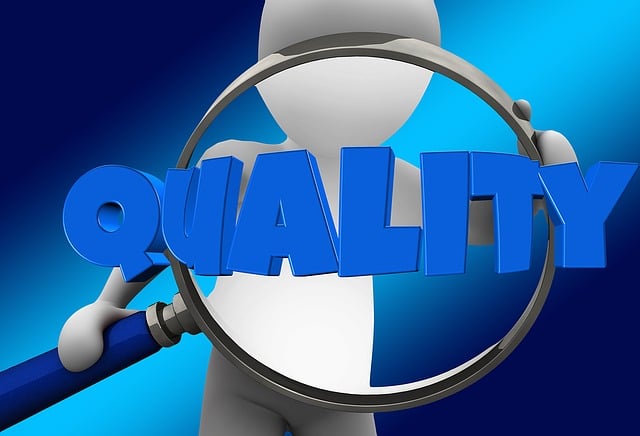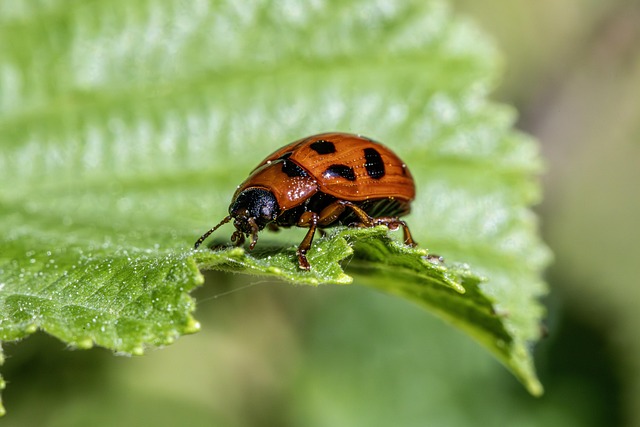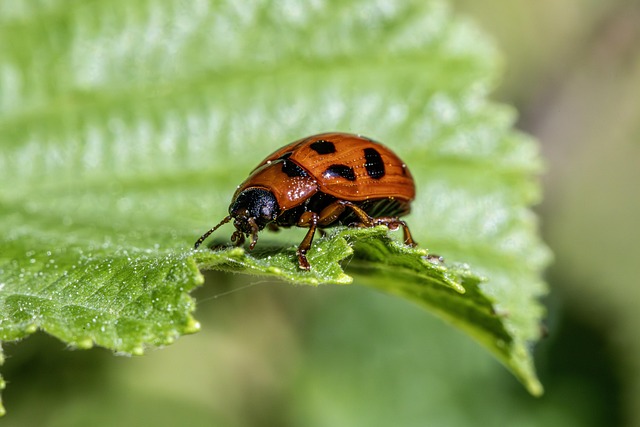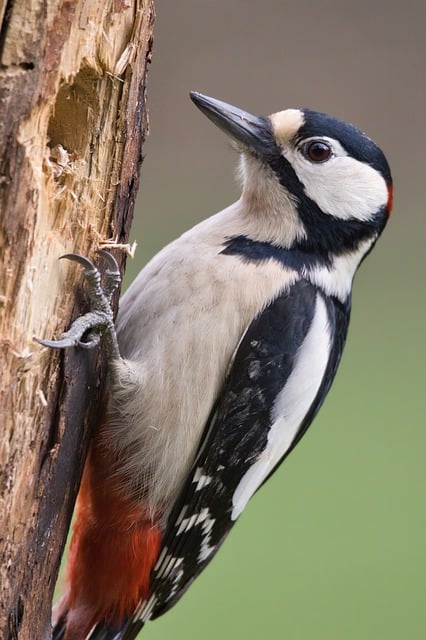Pigeon infestations on commercial buildings in Denver present challenges ranging from aesthetic issues and increased maintenance costs to health hazards. Effective bird control involves understanding pigeon behavior and employing targeted strategies, including visual deterrents, noise makers, habitat modification, and eco-friendly product for droppings removal and prevention. Proactive measures help property managers maintain a clean, professional image while safeguarding tenants and visitors in Denver. A comprehensive strategy includes inspection, prevention through building maintenance, regular cleaning, humane trapping methods, repellents, habitat modification, sealing entry points, and removing food sources.
In urban areas like Denver, bird control for pigeons on commercial buildings is a critical service. These feathered visitors can cause significant damage to structures over time, leaving behind unsightly droppings and potent odors. This article explores the multifaceted issue of wildlife odor remediation, delving into understanding bird control methods specifically for pigeons, the impact of their presence, and effective long-term strategies for management.
From identifying sources to implementing solutions, we guide Denver’s commercial property managers through the process of reclaiming their spaces.
- Understanding Bird Control for Pigeons on Commercial Buildings in Denver
- The Impact of Wildlife Odor and How to Remediate It
- Effective Strategies for Long-Term Wildlife Control and Odor Management
Understanding Bird Control for Pigeons on Commercial Buildings in Denver

Pigeon infestations on commercial buildings in Denver can be a significant concern, leading to various issues such as unsightly droppings, increased maintenance costs, and potential health hazards. Effective bird control for pigeons involves understanding their behavior and choosing targeted strategies. Professional services specialize in humane methods like visual deterrents, noise makers, and habitat modification to discourage pigeons from landing or nesting on structures.
These experts also employ safe and environmentally friendly products to remove pigeon droppings and prevent future colonization. By addressing the issue proactively, commercial property managers in Denver can maintain a clean, professional image while ensuring the well-being of tenants and visitors.
The Impact of Wildlife Odor and How to Remediate It

Wildlife odors, particularly those from birds like pigeons, can significantly impact commercial properties in Denver. Pigeons and other urban wildlife are attracted to tall structures due to their abundant nesting sites and food sources, leading to persistent odor issues. These odors not only degrade the indoor air quality but also pose health risks and damage property over time. The accumulation of bird droppings and feathers can create a hazardous environment, increasing the risk of slips and falls and potentially causing structural damage.
Effective remediation requires professional intervention, especially for large-scale commercial buildings. Bird control for pigeons involves a multi-step process that starts with an inspection to identify nesting areas and entry points. Following this, experts employ various techniques such as repellents, exclusion methods, and clean-up operations to remove accumulated debris. Regular maintenance and preventive measures are crucial to deterring future wildlife infiltration, ensuring a clean and safe environment for building occupants and preserving the property’s value.
Effective Strategies for Long-Term Wildlife Control and Odor Management

Wildlife control and odor remediation are often interconnected, especially in urban areas like Denver where bird control for pigeons on commercial buildings is a common concern. To achieve long-term management, a comprehensive strategy is essential. This involves several effective steps starting with prevention through proper building maintenance and the use of deterrents to discourage wildlife presence. Regular cleaning and sanitization play a crucial role in eliminating odors caused by accumulated waste.
For persistent issues, professional intervention using humane trapping methods can be employed. Additionally, repellents and habitat modification techniques help keep wildlife at bay. In the case of pigeons, this might involve sealing off entry points, removing food sources, and using visual or audio deterrents. By combining these strategies, businesses in Denver can effectively manage wildlife control while minimizing odors for a cleaner, more pleasant environment.
Wildlife odor remediation is a complex task, especially in urban areas like Denver where bird control for pigeons on commercial buildings is a prevalent challenge. Understanding the impact of wildlife odors and implementing effective strategies are key to maintaining clean and healthy environments. By combining advanced technology with eco-friendly methods, professional wildlife control services can offer long-term solutions, ensuring peace and tranquility for both businesses and residents in Denver. These services not only address immediate odor issues but also prevent future infestations, creating a more sustainable and pleasant urban landscape.
